Most fleet and transport managers admit it’s the thing they fear the most: a phone call to say one of their drivers has been involved in a fatal crash.
While they may have implemented robust policies to manage occupational road risk, every business is vulnerable to a lapse in concentration by one of its drivers or an error made by another road user, resulting in a catastrophic incident.
Organisations spend a huge amount of time and effort on preventing these situations from occurring. However, many do not have sufficient procedures in place to handle the subsequent fallout – to the employee, their colleagues and the families.
That’s where Brake comes in. The road safety charity and campaign group employs a team of case workers who are trained to provide specialist support to those suffering bereavement or serious injury.
Founded by Mary Williams OBE (above) in 1995 after her mother and boyfriend were killed in separate incidents on rural roads, Brake’s primary purpose was to offer help within the fleet sector.
Formerly a truck journalist, Williams was able to call on her automotive contacts to lend their support to the charity, but it’s an incessant job to raise funds and secure corporate membership (it has 3,000 firms signed up globally) which is vital to supplement funding from national governments.
The size of the challenge is stark. Williams says:
“We have 4,000 families every year that need our care, but our current capacity is 1,000 families.”
ADDITIONAL PANDEMIC WORK
Her resources were pushed to the limit during the Covid pandemic when Brake’s skilled case workers took on additional work to support families suffering loss due to the coronavirus.
The sense of sudden and unexpected loss and the subsequent impact on families drew obvious parallels with victims of road crashes.
“Our case workers are professionals, and they are trained to provide support that red flags any symptoms of mental illness or safeguarding issues in the family,” says Williams. “We found that during the pandemic, and since, there were increased vulnerability issues.
"We are doing significant amounts of safeguarding and care for families who are in distress.”
Brake’s first action upon its formation 28 years ago was to prepare bereavement packs written in plain English for families, which created the pathway into its services.
CAMPAIGNING AND LOBBYING
Support services remain at its core, but over the years Brake has become more active in campaigning and lobbying for change. Its first campaign focused on eliminating unlicenced goods vehicles which resulted in the Government granting national bodies the power to impound them.
It continues to campaign on truck enforcement which, Williams says, “remains an ongoing issue”.
Vocal on speed enforcement, Brake has spearheaded campaigns to reduce limits around schools and to increase the penalties for speeding offenders. It initially faced strong opposition from motoring organisations, but its unrelenting position has helped to underpin a seismic shift in public opinion in recent years.
Nevertheless, education remains high on the agenda. Williams points to Wales, where 20mph limits are being introduced with some negative reaction due to public confusion over the benefit of reducing speeds.
“There is a lack of understanding about kinetic energy and the devastating impact of small increases in speed on the human body,” she says.
“There is still a huge educating exercise to do among employees, the public and employers on managing occupational road risk.”
Williams offers an even more shocking example to illustrate the poor appreciation of risk:
“A quarter of fatalities in vehicles are people not belted up and that’s appalling. We need to keep informing so people have the option to save their own lives.”
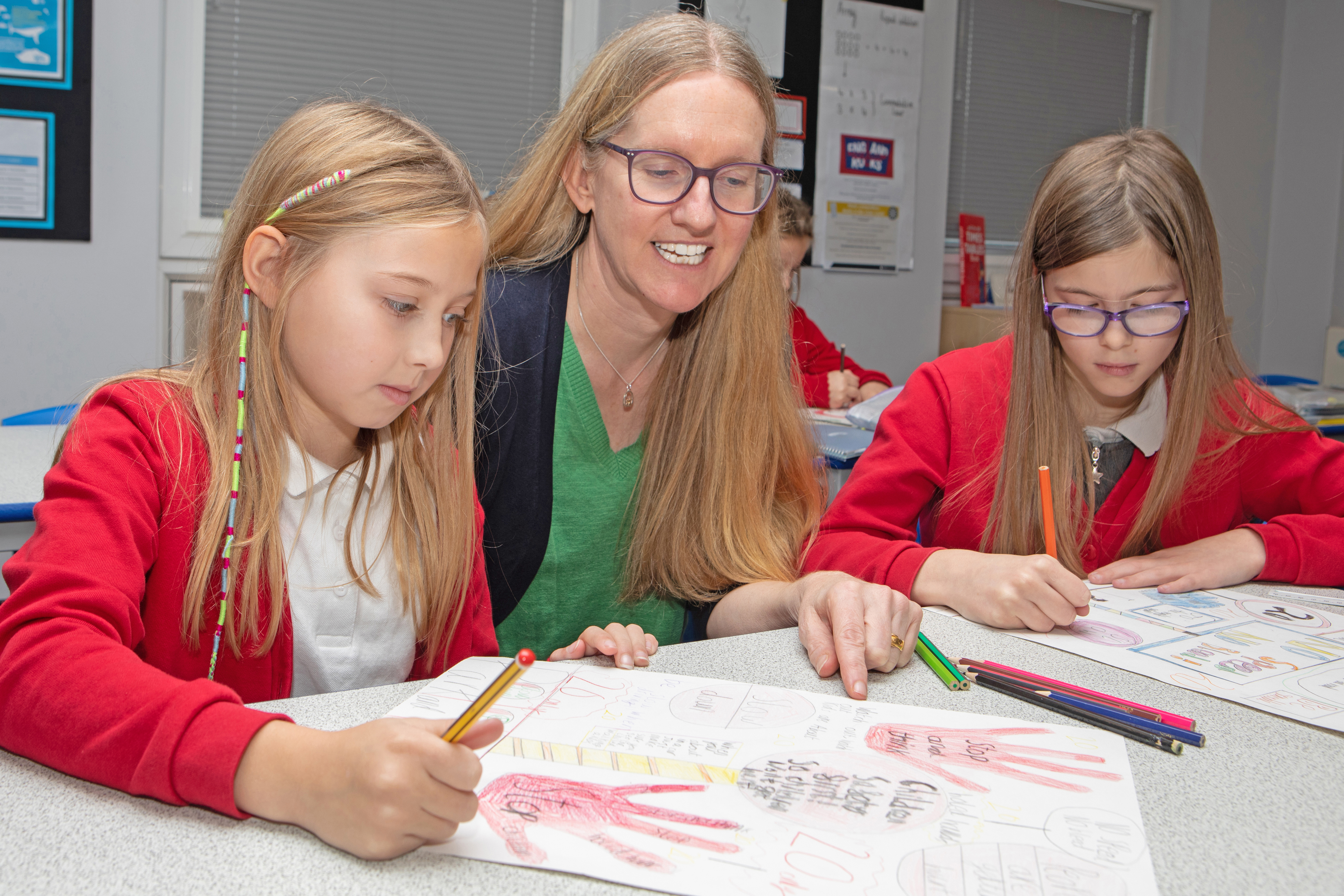
Today, Brake offers supports for every type of trauma from bereavement to permanent life-threatening or shortening brain or spinal injury and limb loss, often dealing with several case types in the same family from a single crash.
While grappling with the impact of the loss, these individuals also need help trying to comprehend the coronial hearing, the road traffic law processes and, often in the families’ eyes, the inadequate sentencing.
“It’s a huge piece of work and what has happened during and post pandemic, is that there are increased vulnerability factors in the families that we are caring for and those needs are complex and long-lasting,” says Williams.
She adds: “The sooner we can advocate people into, for example, the right mental health care, the sooner they can be helped, the sooner they can be treated and the sooner they can get back to work or school and live their lives.
“This matters to employers as well because these victims are employees – we are that extra emergency service that cares for these people and gets them back into the community.”
Across employment, interest levels are growing in employee assistance programmes. These generally have two aspects: mental health in the workplace and crisis management. Employers increasingly understand that planning for crisis management includes thinking about the impact on employees.
Occupational road risk needs to be a board-level priority, but the ultimate safety trailblazers are applying it across their supply chain to influence other fleets in their eco system.
“Take responsibility for the situation that you are creating through your business plan,” Williams says. “That doesn’t just relate to your own grey fleet and fleet vehicles, it relates to your whole supply chain.”
She adds: “Make it a requirement to have data and then make it a requirement to utilise that data appropriately. Any company that has values need to be evidenced-based – if you haven’t, then you have just got your head in the sand ostrich-style.
“You can have a list as long as your arm of appropriate interventions, but they have to be driven by data.”
The plan needs to start with the basics: for example, far too many employers are not carrying out regular driver licence checks.
GLOBAL FLEET CHAMPIONS
Brake, through its Global Fleet Champions, is able to “harness the best of the best” to share excellent practice. It is a firm believer in collaboration, whether advising Government (see below) or empowering employers.
Williams, who was awarded her OBE in 2000 for services to road safety, says: “It’s a sector that has community, and organisations like Brake have a duty in enabling that.
“If we can appeal to the hearts and minds of employers within their corporate social responsibility brief that there are 4,000 families a year who are bereaved or catastrophically injured who need help – and the fact that perhaps a quarter to a third of casualties are in a work vehicle – becoming a road safety hero, you could be saving maybe 1,500 of those families a year. That is an immediate thing that could happen if employers put safety first.”
■ Interested in supporting Brake’s vital work? Corporate membership costs £15,000 a year and will help the organisation to offer care to the 4,000 families who require support every year.
Safe roads for all
When it comes to policy change, coordination is vital as evidenced by Saferoadsforall.org, an alliance of more than 50 organisations including Brake, Roadsafe, PACTS, TfL and TRL.
In 2021, it published a report which, among other things, called for the introduction of a road collision agency, since announced in the form of the Road Safety Investigation Branch (RSIB).
The report, an action plan for UK Government, laid out five key priorities:
1. Goals, targets and performance indicators. Adopt the goal for a road network free from death and catastrophic injury. Adopt the global 50 by 30 road casualty reduction target (50% reduction in deaths and serious injuries by 2030).
2. Functional hierarchy for roads and road investment that enables safe and healthy mobility. Prioritise safe space for walking and cycling and 20mph limits where people live and move.
3. Vehicle safety standards. Incorporate into UK law more minimum vehicle safety standards, including the vehicle safety laws recently adopted in the European Union.
4. Improved roads policing and reviewed legal framework. For example: phased driver licensing, a lowered drink-drive limit, the power to stop and test any driver for impairment, provisions to manage work-related road risk and a review of traffic laws and sentencing guidelines.
5. Provide best-practice care for road victims who are bereaved or suffer catastrophic injury and their families, including a National Road Victim Service.
One area that would help employers is data on journey purpose. It’s often quoted that up to a third of crashes involve people driving for work, but there is no firm data.
The Government is committed to releasing data on purpose of journey, but this information was not included in the 2021 road casualty report.
“We are behind the Government in improving causation data and the set-up of the RSIB and we believe passionately that this should include data on purpose of journey and, therefore, the involvement of both commuting and at-work driving,” says Mary Williams.


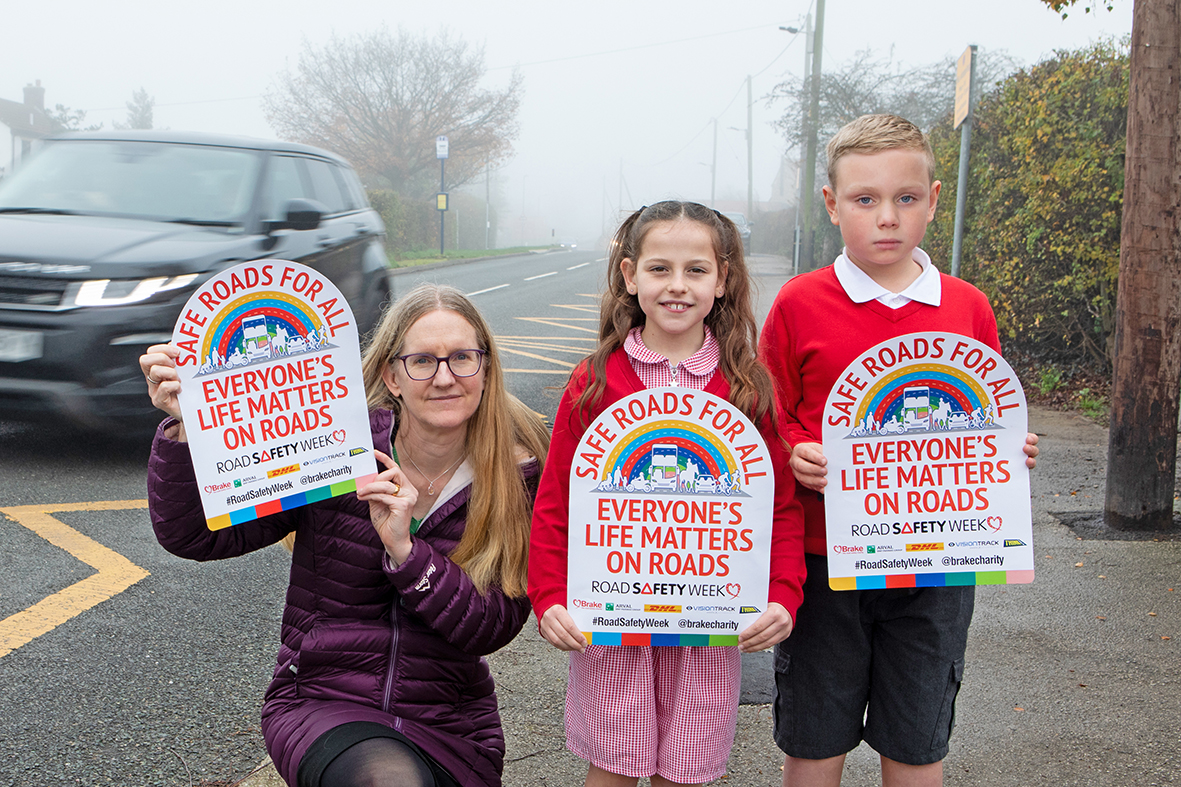




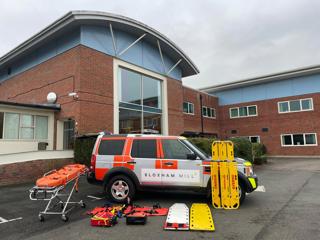
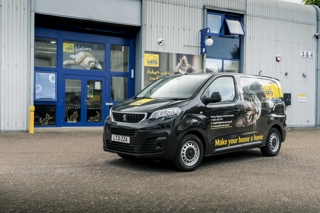
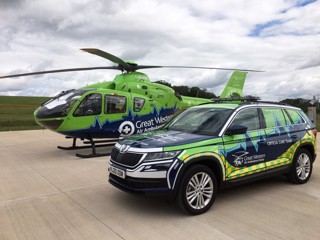













Login to comment
Comments
No comments have been made yet.